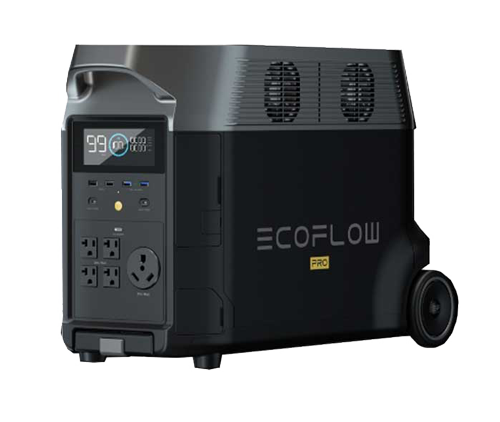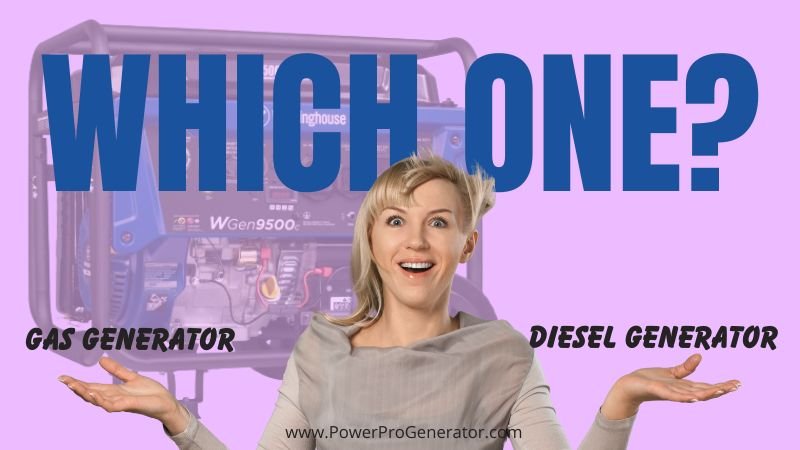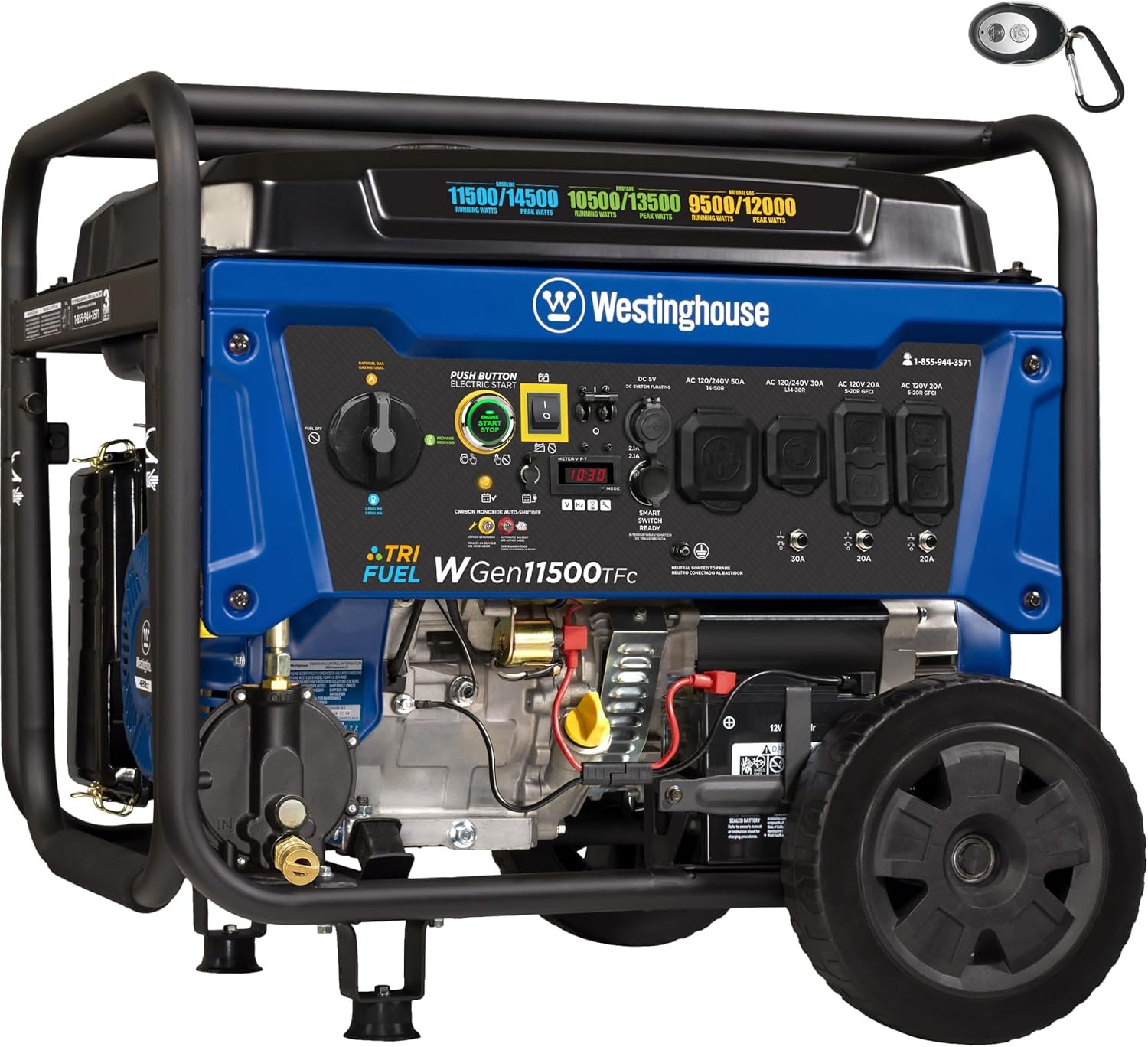|
10 People Are Viewing This Product Right Now |
Westinghouse vs Champion Generator: Which is the Better Buy for You?
Westinghouse vs Champion Generator – Choosing the right generator is key to reliable power. Whether you’re camping, working on a job site, or need backup for home outages, comparing generators is smart. This article puts the Westinghouse and Champion generators head-to-head. We’ll look at their features, how they perform, and what makes them easy to use. This way, you can pick the best one for your needs.

Westinghouse vs Champion Generator
1. The $50 Price Difference: Worth the Investment?
These two generators are only about $50 apart in price. That makes the choice really about which one offers more value. It’s about which one fits your power needs better. We’ll break down what each unit does well. This will help you see if that small price difference really matters for you.
2. What to Expect: A Deep Dive into Testing and Features
We pushed these generators to see how they really perform. We checked their sound levels at different loads. We also tested how well their remote start and stop features worked. Plus, we saw how they handled big power demands. We’ll also look at their design and how easy they are to operate. These details can make a big difference in your day-to-day use.
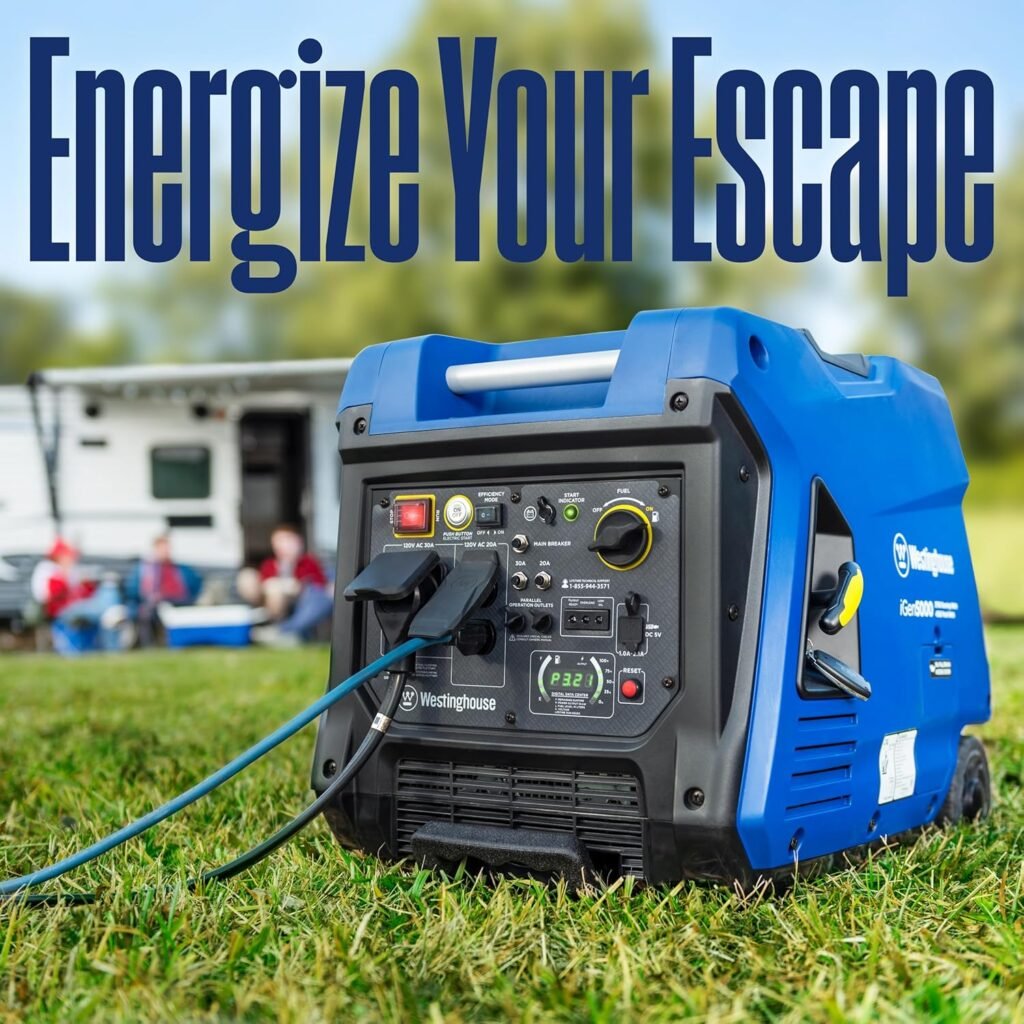

Generator Design and Ease of Use
Knowing how a generator is built and how simple it is to use matters a lot. This section looks at the real differences in their design. We’ll see how these design choices affect how you use and care for them.
1. Size, Weight, and Portability
The Westinghouse generator is a bit bigger. It’s also about three pounds heavier than the Champion. This extra weight and size might matter if you move your generator around a lot. The Champion, being more compact and lighter, is easier to carry and store. If portability is a top concern, this difference is worth noting.
2. User Interface and Control Panels
Both generators have display panels. These screens show important info. You can see how long it’s been running, how much fuel is left, and how much load is on it. They both make it easy to track what’s going on.
Starting them up is a little different. To start the Champion, you turn on the battery switch. Then, you push the choke manually. After that, press the yellow start button. A few seconds later, you push the choke off. It then automatically turns on its eco mode.
The Westinghouse is simpler to start. You just turn on the battery switch. Then, tap the start button. Make sure the efficiency mode is off and the fuel switch is on. The Champion’s remote also controls its choke automatically. The dial doesn’t do this, which is a bit strange.
3. Maintenance and Accessibility
Taking care of your generator is important for it to last. Oil changes are one of the most common maintenance tasks. The Westinghouse has a smaller window for checking oil. Its drain bolt is also off to the side, making the process a bit harder.
The Champion, on the other hand, has a handy drain hose. This makes changing the oil much easier. A simpler maintenance process can save you time and hassle in the long run.
Key Features and Connectivity
Generators offer more than just basic power. They have different outlets and features that make them more useful. Let’s look at the connection options and special features of each model.
1. Power Outlets and Ports
Both generators come with a 30-amp RV plug. This is great if you use it with a camper. They also both have standard 120V outlets. Many new generators have covers for their breakers and parallel ports. These covers keep out dust and dirt. Both Westinghouse and Champion have these useful covers.
2. Additional Connectivity Options
The Champion generator offers a 12V socket. It also has USB plugs. This gives you more ways to charge your devices. The Westinghouse generator only offers USB plugs. Having that 12V socket can be more flexible for different kinds of equipment.
3. Battery Maintenance Feature
One nice feature of the Westinghouse is its battery charger. This keeps the generator’s battery charged all the time. This means if the power goes out, it’s ready to go right away. You don’t have to worry about a dead battery.
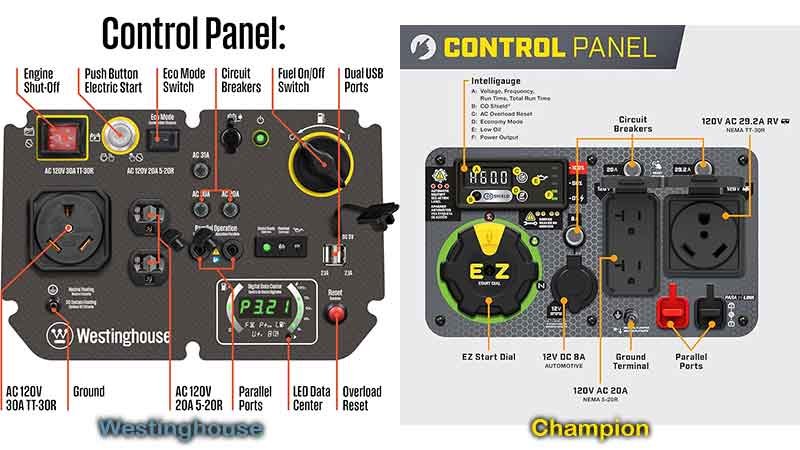
Performance and Technical Specifications
Comparing the technical specs and how these generators perform under load tells you a lot about their power. We’ll look at power output, engine size, and how much fuel they use.
1. Engine and Power Output
The Champion generator has a 224cc engine. It also offers more starting watts. Starting watts are the extra power needed to get some appliances running. The Westinghouse generator has more running watts and amps. Running watts are the power needed to keep appliances going.
2. Fuel Efficiency and Run Time
The Westinghouse has a larger fuel tank, holding 3.4 gallons. It claims to run for 18 hours with a 25% load. However, the Champion is said to be more fuel-efficient. For more details on fuel use, check out Generator Bible. They have info on over 500 generators.
3. Noise Level Testing (dB)
The Westinghouse generator is rated at 53 dB at 23 feet. We tested the noise levels at 23 feet with different loads. With no load in eco mode, the Champion registered about 59 dB. When we added a 750-watt load, it went up slightly. With a 1500-watt load, the Champion was around 62.5 dB.
The Westinghouse, also in eco mode with no load, was about 61 dB. With a 750-watt load, it was slightly louder, by half a decibel, compared to the Champion. At a 1500-watt load, the Westinghouse measured about 63 dB. So, the noise levels are very close. The Westinghouse was just a bit louder when under load.
Remote Operation and Load Testing
Let’s see how these generators do with remote controls. We’ll also check how they handle heavy power demands. This simulates real-world use.
1. Remote Start/Stop Functionality
Both generators are designed to work up to about 80 feet away. We tested them from around 150 feet. Both started up fine. Shutting them off remotely was trickier. Both had trouble turning off at that distance. We had to move closer for the shut-off command to work. The Champion’s remote automatically handles the choke, which is a nice touch.
2. Load Testing within a Travel Trailer
We tested these generators inside a travel trailer. We turned off the converter to make the tests fair. We used the trailer’s AC unit, a microwave, and a 1500-watt heater.
The Westinghouse ran all these appliances at full load. This was about 35 amps. The voltage dropped a little to 117 volts. The overload light came on at 35 amps and 117 volts. When we added a small refrigerator, the generator shut off. This showed its overload protection was working.
The Champion also ran the AC and microwave. We saw some differences in amps and watts compared to the Westinghouse. The Champion’s overload light came on sooner. It also had a bigger voltage drop, down to 113 volts. It shut off faster when overloaded.
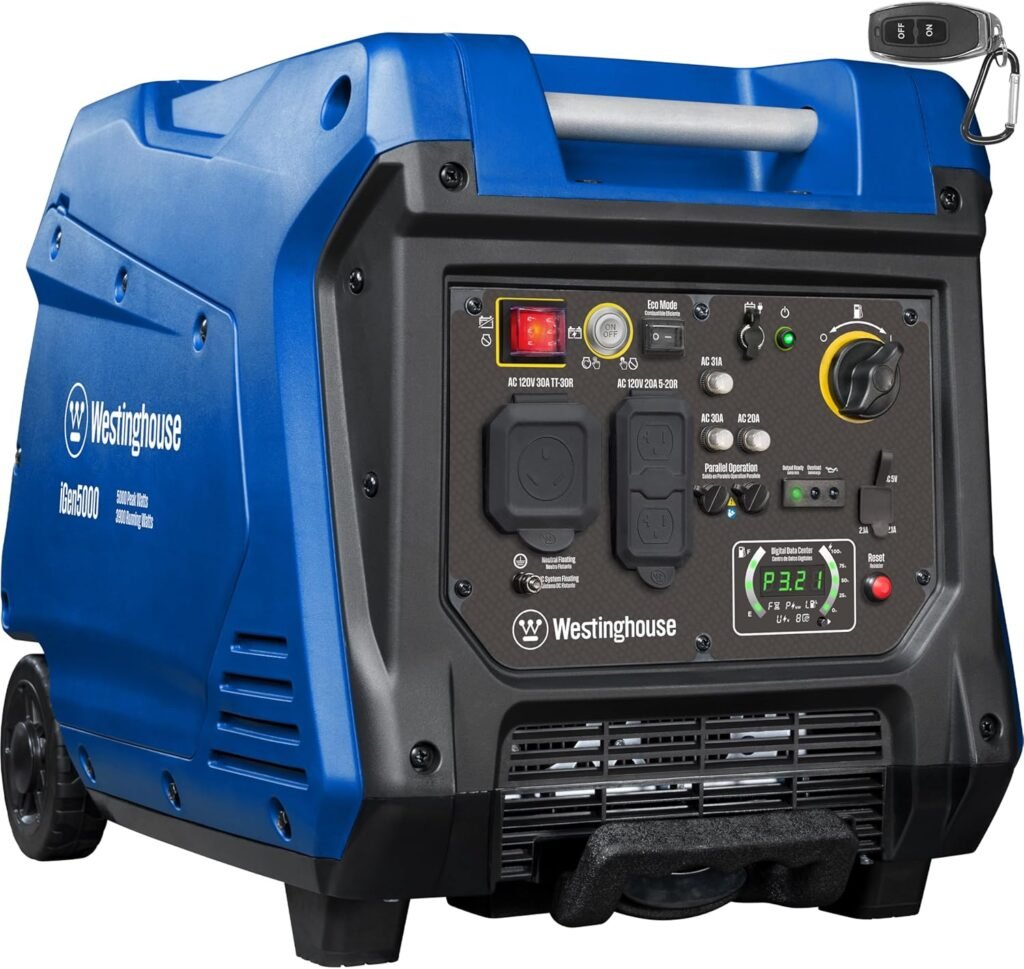 |
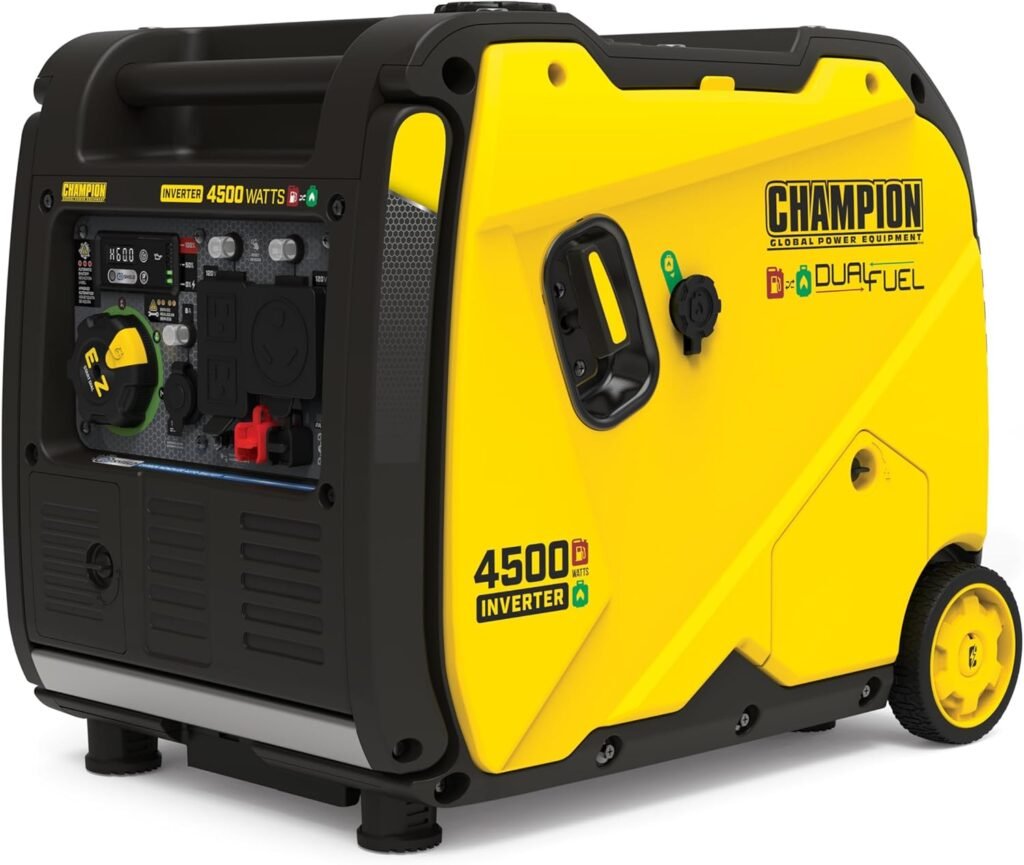 |
|
| Westinghouse 5000 | Champion 4500 | |
|---|---|---|
| View Product | View Product | |
| Price | $999.00 | $899.00 |
| Wattage | 5000 watts | 4500 watts |
| Fuel Type | Gasoline | Gasoline |
| Power Source | Fuel Powered | Fuel Powered |
| Recommended Uses For the Product | Camping, Residential | Camping, Residential |
| Voltage | 120 Volts | 120 Volts |
| Output Wattage | 5000 | 4500 |
| Additional Features | Electric Start, Fuel Gauge, Hour Meter | CO Sensor, Cold Start Technology, Dual Fuel, Extra-Long Run Time, Portable |
| Engine Type | 4 Stroke | 4 Stroke |
| Ignition System Type | Electric start | Electronic |
| Tank Volume | 3.4 Gallons | 2.25 Gallons |
| Engine Displacement | 224 Cubic Centimeters | 212 Cubic Centimeters |
| Runtime | 18 hours | 14 hours |
| Total Power Outlets | 5 | 2 |
| Frequency | 60 Hz | 50 Hz |
| Item Weight | 56.7 Kilograms | 99.2 Pounds |
| Starting Wattage | 5000 Watts | 4500 Watts |
| Running Wattage | 3900 Watts | 3500 Watts |
| Is Electric | Yes | No |
Conclusion: Making Your Final Generator Choice
Westinghouse vs Champion Generator – After looking at all the features and how they performed, you can decide which generator is best for you.
1. Key Takeaways and Recommendations
If you need to carry your generator often, the Champion is lighter and more portable. For longer run times and more running watts, the Westinghouse is better. Its larger fuel tank helps with this.
The Champion makes oil changes easier with its drain hose. The Westinghouse has a battery charger, keeping its battery ready. Both generators were similar in noise levels.
When handling high loads, the Westinghouse kept the voltage a bit more stable. Both had good overload protection. They both shut off when they were asked to do too much.
2. Which Generator is Right for You?
The best choice depends on what you need. If easy maintenance and slightly better fuel use are important, the Champion is a good option. If you need more running watts and a bigger fuel tank for longer use, the Westinghouse is a strong contender. Think about how you’ll use it and what you need to power it. This will help you pick the right generator.

| Inverter Generator Collections | |
|---|---|
 |
 |
| Check Amazon Discount | Check Walmart Discount |





